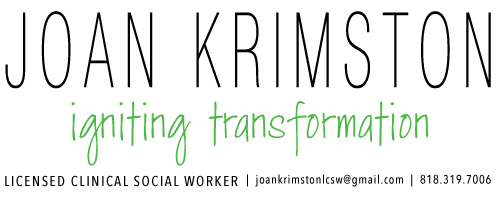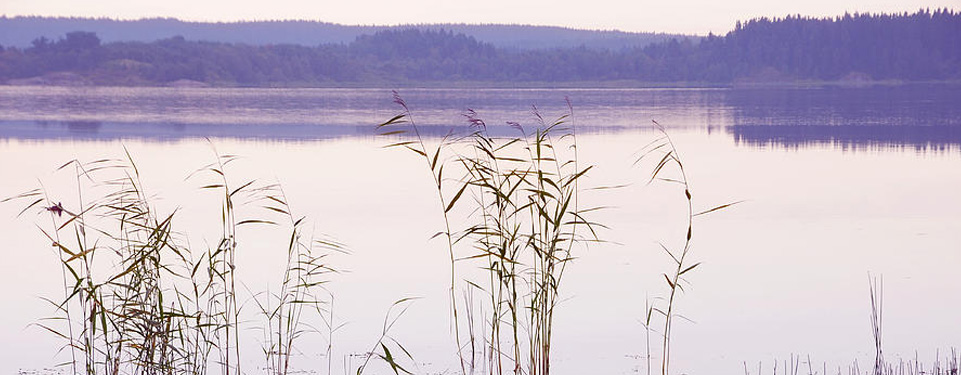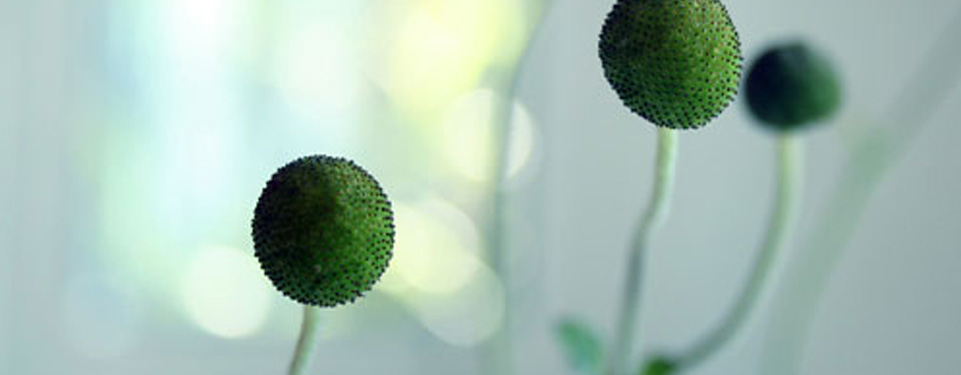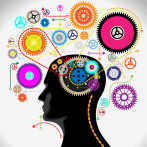Exhale
We have hardwood floors in our house. Each family member has a different cadence as they walk down the hallway, the pitch and rhythm of our steps communicating something unique and individualized. My middle son’s steps are boisterous and deliberate and kind of loud. While my oldest slides across the wooden strips gently and slowly, almost inaudible. My youngest sons’s size 12 feet saunter rather matter of factly from one destination to the next. Mine are quick and light. I like to think it has something to do with my dance background and my fondness for fireflies and ninjas. We can decipher each other’s footsteps. Understanding our footprint in the world can enhance our life experience. We have entered a phase in the Coronavirus pandemic that feels like a psychogenic fugue, where we are stuck in this strange and foreign place, trying to escape, but not knowing how. Most of us are emotionally exhausted, irritable, lethargic and apathetic. How many days have you flicked the potato chip crumbs off of your pajamas and asked yourself whether you showered? Blink and it’s dark outside. Groundhog day over and over and over again. We just want to get our mojo back and go back to pre-pandemic times. We are all wanting and needing different things on our uniquely personal timetables. One of the most impactful things we can do is get to know our distinct nervous system. By understanding how it works for us personally, we are able to help ourselves and those around us by responding to its ever-changing nature. The nervous system is a highly complex set of nerves that run from the brain down along the spinal column. Our senses process about 11 million bits of information per second from our environment. Everything we perceive through our senses is processed through the nervous system which constantly sifts through astounding amounts of data while it scans and processes our surroundings. How do we meet change? How do we meet stagnation? How do we deal with the unknown? The answers begin with being present and responding rather than reacting. We need to cocoon, to pause, to pay attention in order to focus on what is before us. By slowing down and dialing in, we get clear signals about what we need from our body to restore our nervous systems. Emotions are just constantly changing energy. Our bodies hold these feelings in a million different ways. BREATHE –Start by finding a comfortable space to be, place your hands on your belly and take a few easy breaths–inhaling through your nose and gently exhaling through your mouth. Extend the exhale. This is a little jewel straight out of a neuroscientist’s lab at...
Read More














